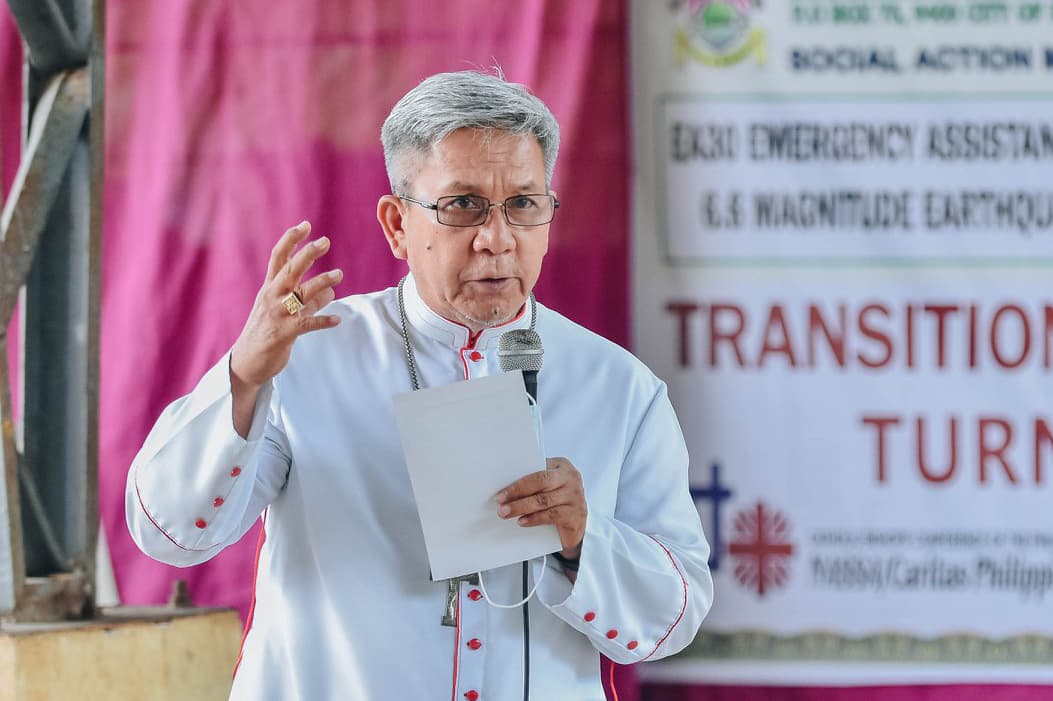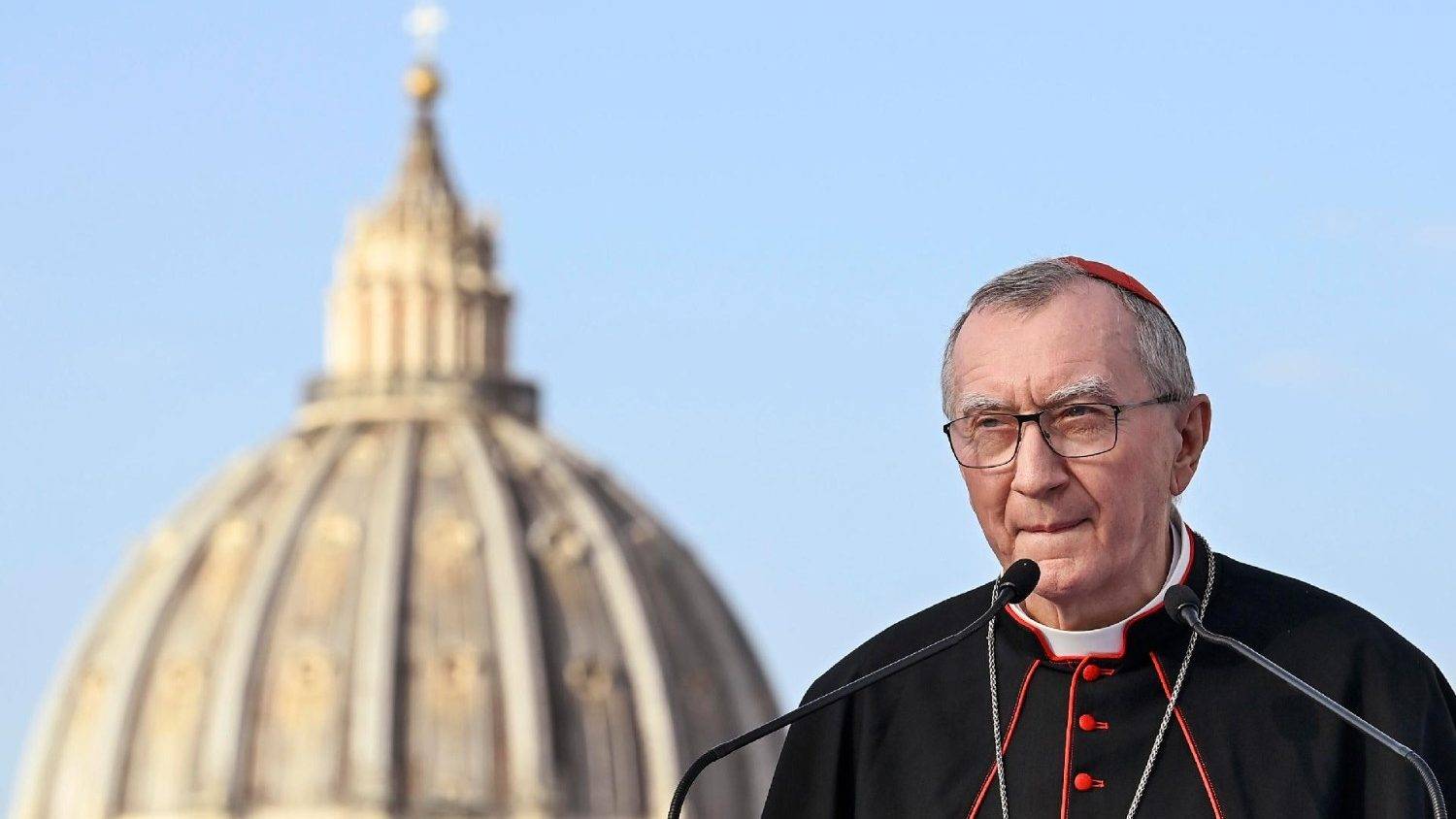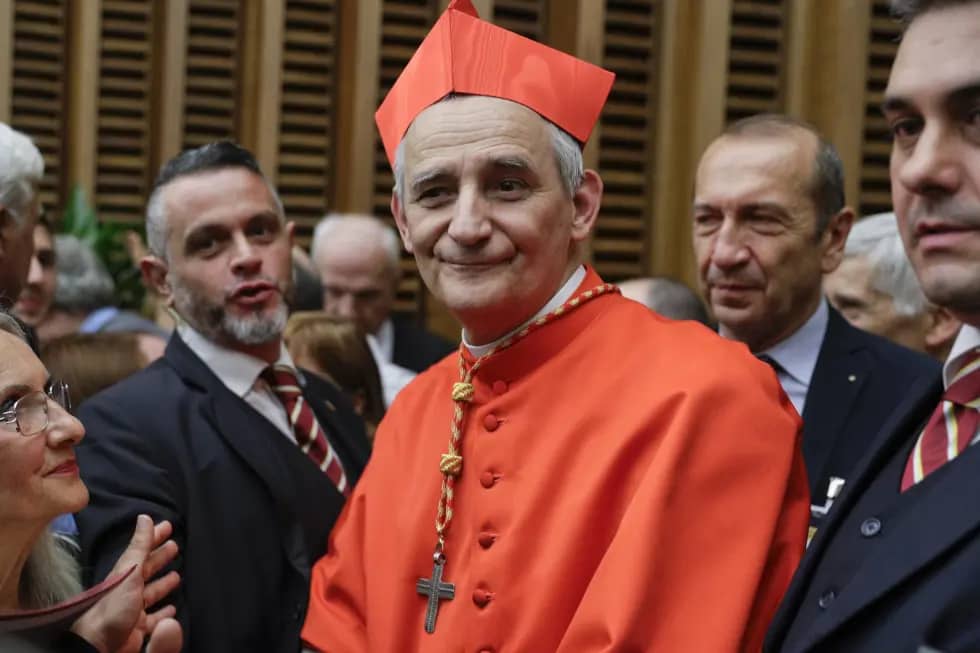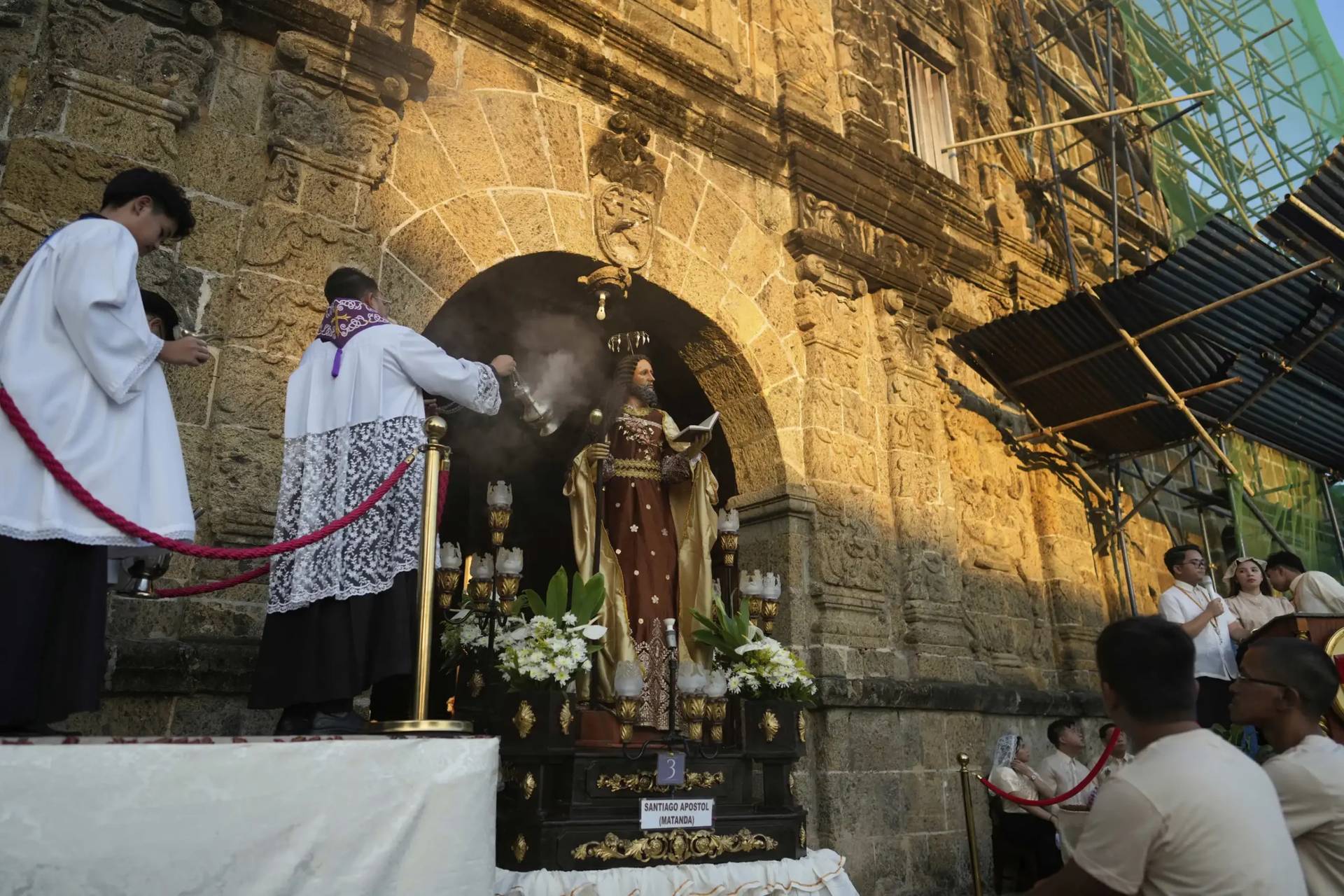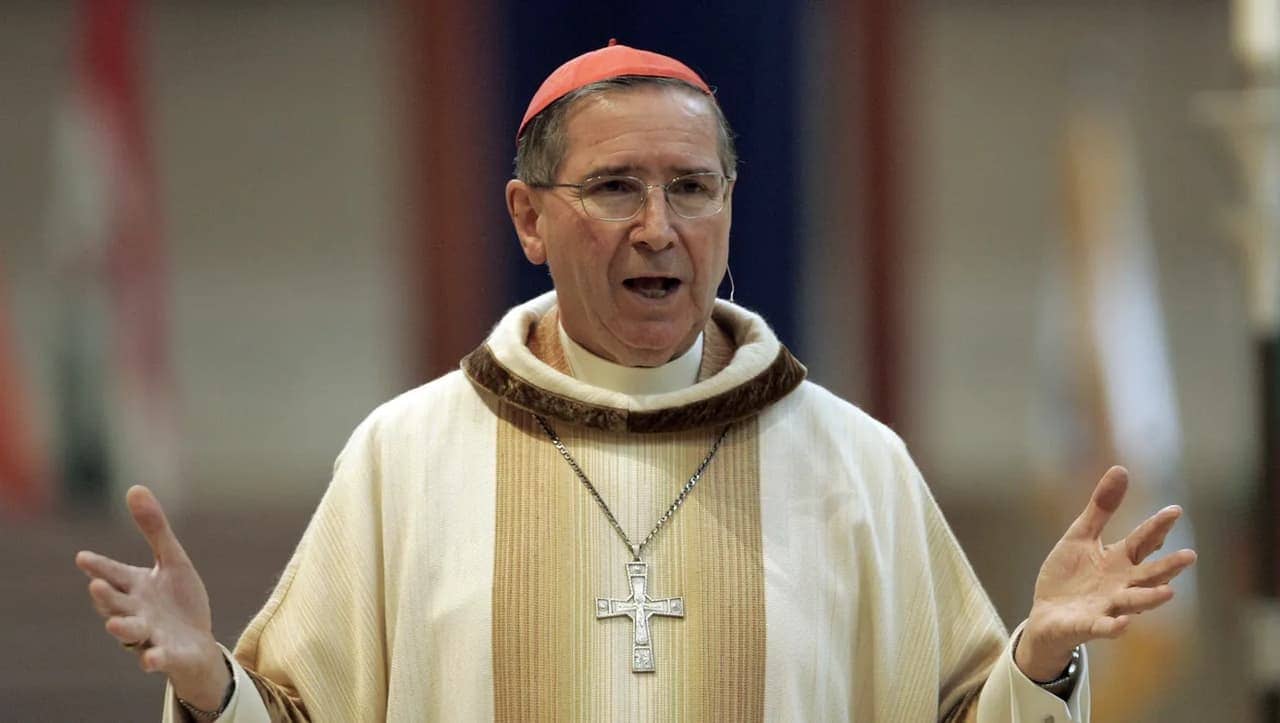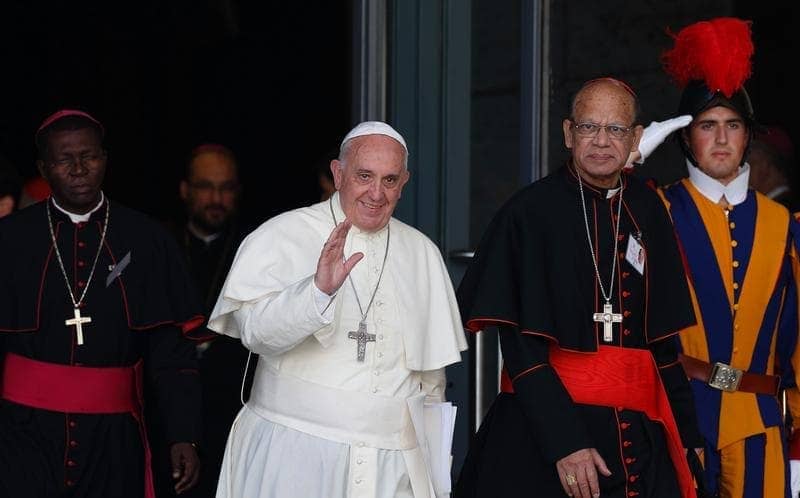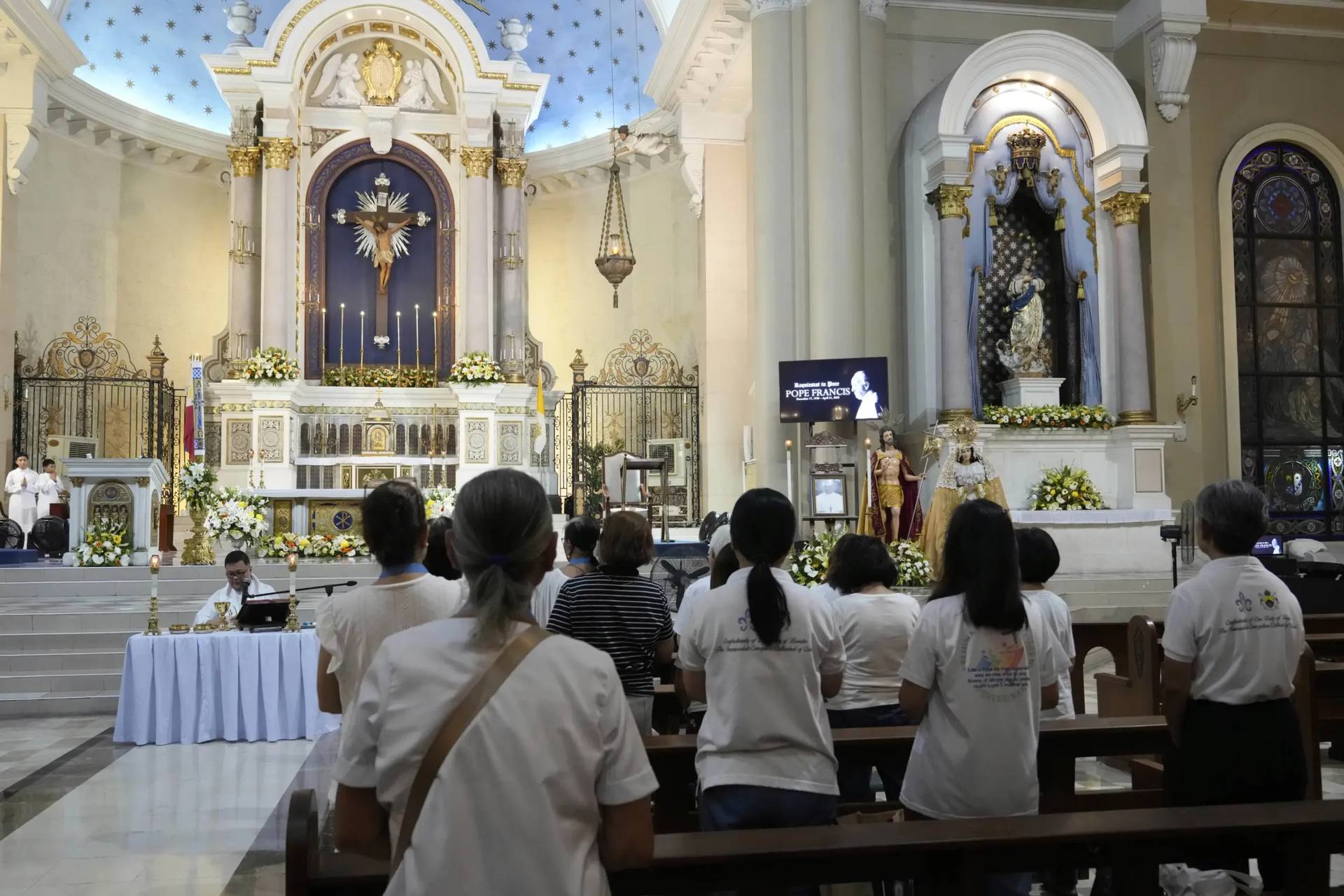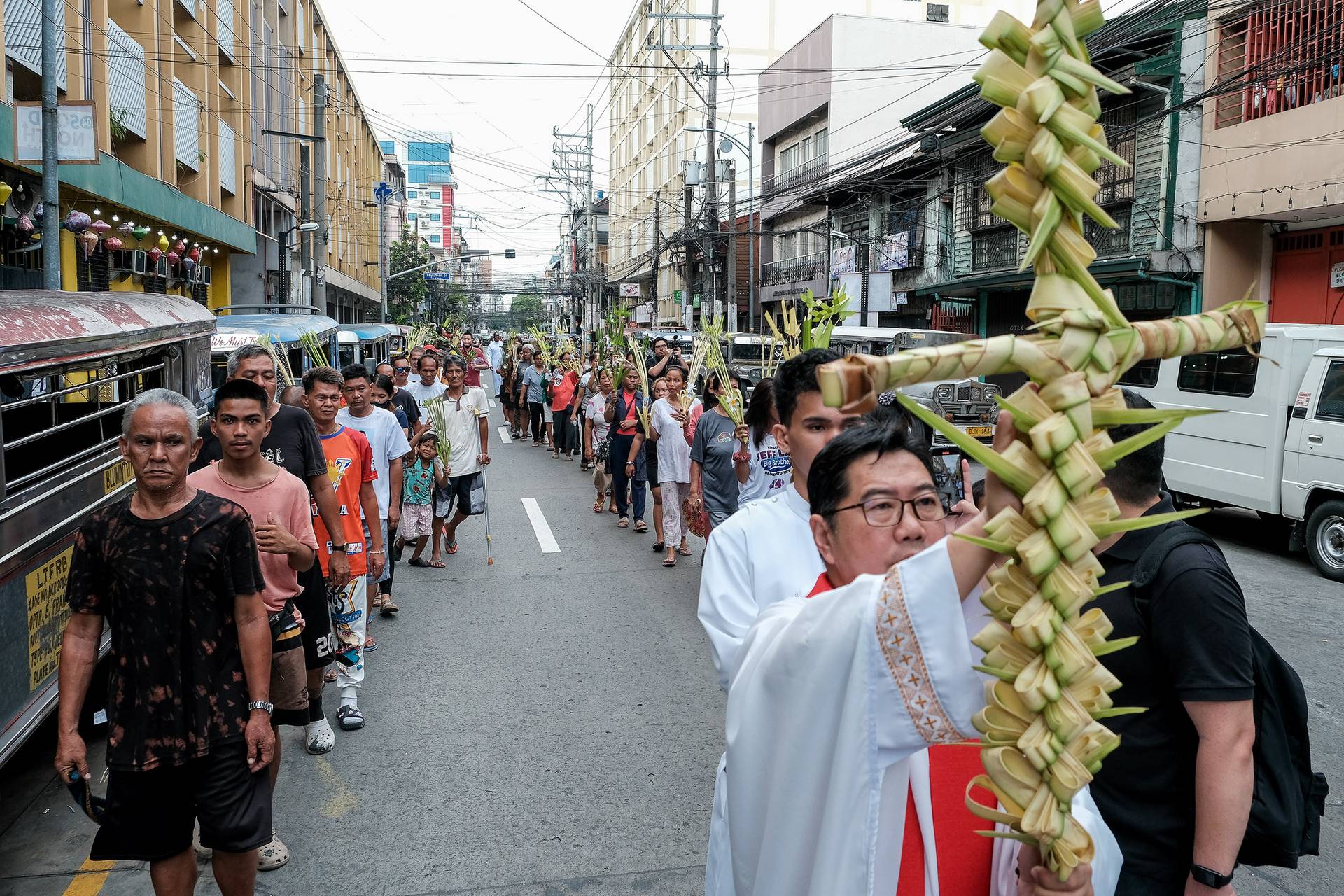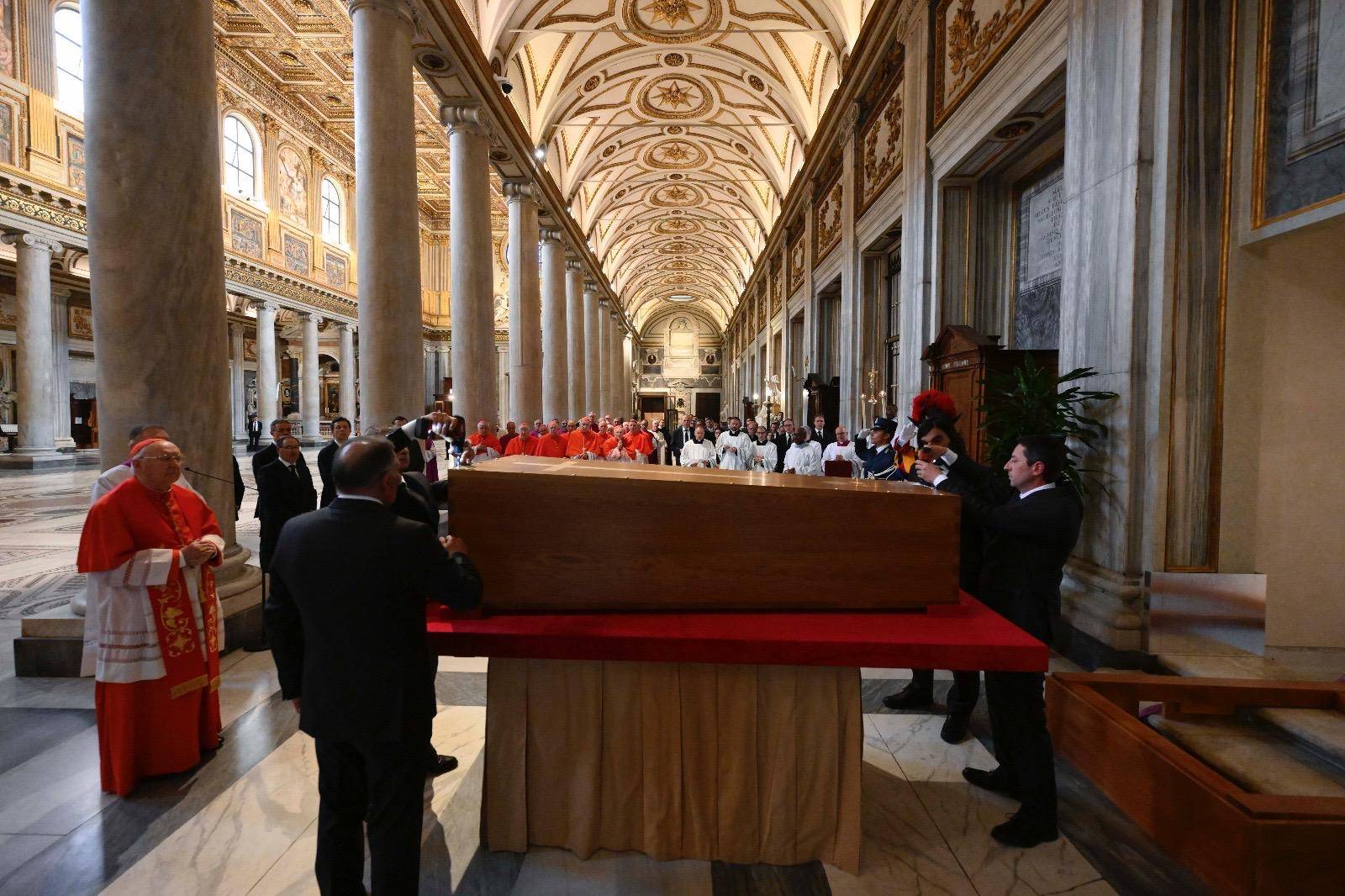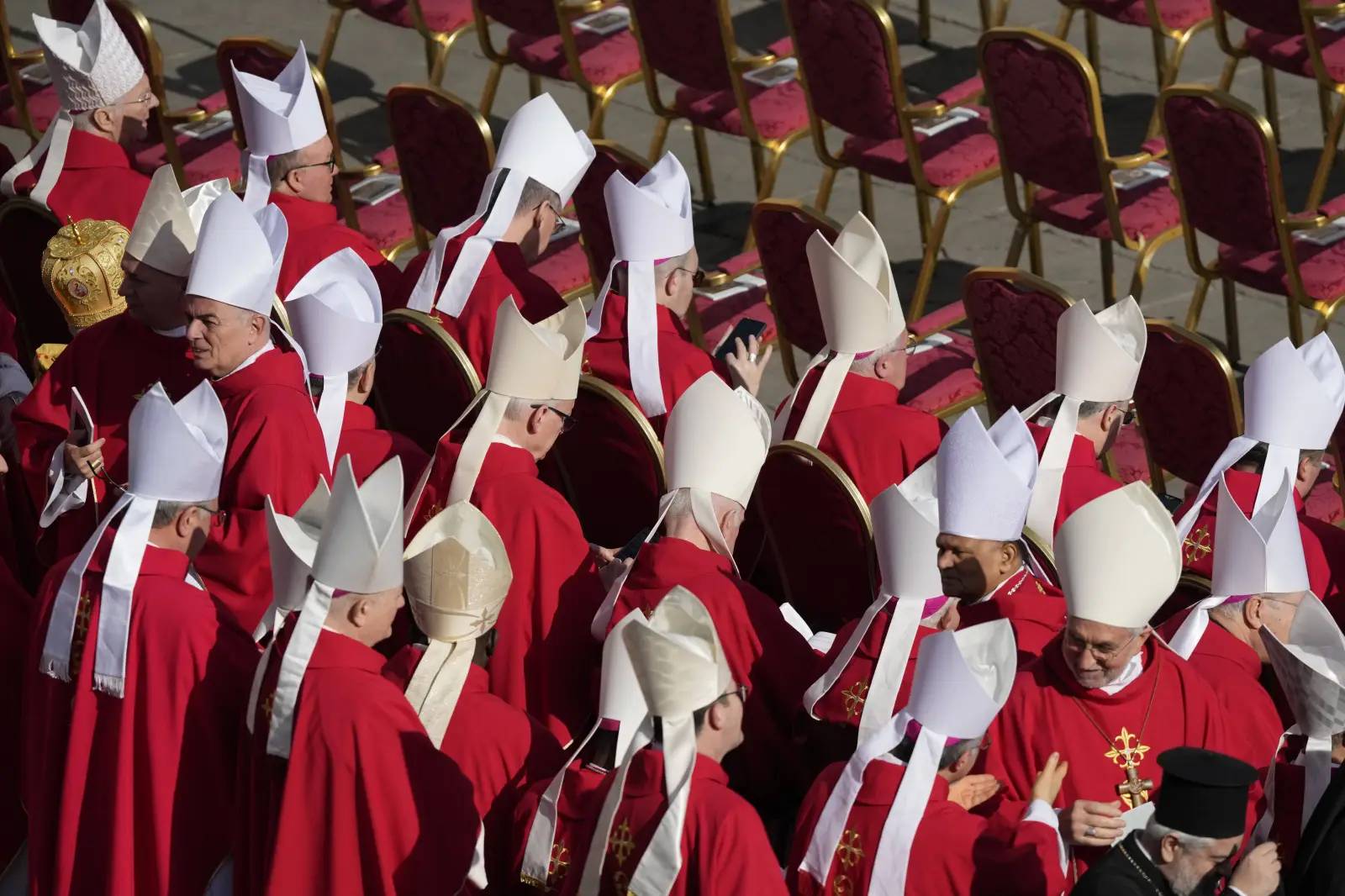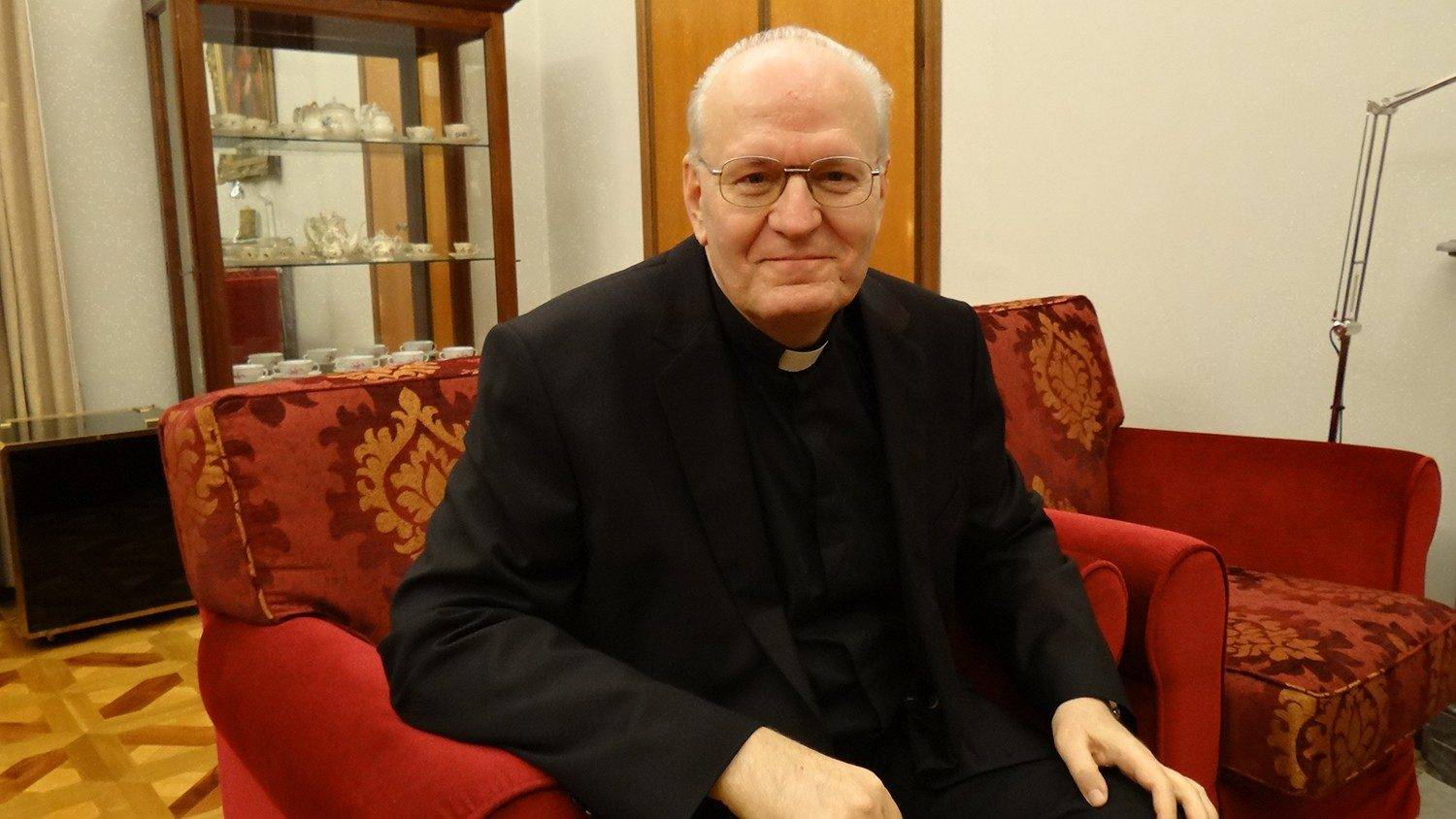MANILA, Philippines – Four Filipino bishops and seven priests joined a petition at the Philippine Supreme Court to end political dynasties in this Southeast Asian country.
The other petitioners included two former Supreme Court justices, retired generals, lawyers and economists, and one of the drafters of the country’s 1987 Constitution.
The four bishops who filed the petition on Monday — Gerardo Alminaza, Jose Colin Bagaforo, Broderick Pabillo, and Crispin Varquez — are known for speaking out on political issues. The seven priests include prominent critics of former president Rodrigo Duterte’s war on drugs.
In their 48-page petition, the petitioners urged the 15-member Supreme Court to compel Congress to create a law prohibiting political dynasties, as the Constitution mandates. The petitioners requested the court to give Congress a one-year deadline to pass this law.
The case they filed, according to the petitioners, is “a desperate attempt to give life to the 1987 Constitution and to find relief from the chokehold political dynasties have placed on this nation.”
“We now have a government filled with elective officials whose primary qualifications are neither their character nor their competence, but rather their luck in the genetic lottery,” the petitioners said.
Political dynasties are a peculiar aspect of politics in the Philippines, a relatively young democracy where power is held not by political parties but by wealthy families.
American historian Alfred W. McCoy, in the 1994 book Anarchy of Families, described how “elite Filipino families have formed a powerful oligarchy — controlling capital, dominating national politics, and often owning the media.”
“Many politicians try to transform their electoral offices into lasting family assets, building what Filipinos call a ‘political dynasty.’ Once entrenched, influential politicians often work to bequeath power and position to their children, in effect seeking to transform the public office that they have won into a private legacy for their family,” McCoy wrote.
Nearly 80 percent of Congress and more than 50 percent of elected local officials come from Filipino political families, according to a 2022 study by the Jesuit-run Ateneo School of Government.
Political dynasties have widened inequality and worsened poverty in the Philippines, analysts said.
The country’s president himself, Ferdinand Marcos Jr., comes from the Marcos political dynasty in the northern province of Ilocos Norte.
The President’s father, dictator Ferdinand Edralin Marcos, ruled the country from 1965 to 1986, in what a 1976 book described as a “conjugal dictatorship” with his wife, Imelda Romualdez Marcos. A Church-backed uprising forced the Marcoses into exile in Hawaii, but in succeeding years, family members gradually reclaimed power and got elected to national office.
The President’s sister, Maria Imelda Josefa Romualdez Marcos, is now a senator. His cousin, Ferdinand Martin Romualdez, is the speaker of the House of Representatives, while the President’s 31-year-old son, Ferdinand Alexander Marcos, is a district representative and has been a senior leader in Congress since he was 28.
Speaker Romualdez is now rumored to be eyeing the Philippine presidency in 2028, and is pitted against Vice President Sara Duterte, daughter of Rodrigo Duterte.
Reform advocates have said that such a situation persists because Congress, which is supposed to create an anti-dynasty law, is itself dominated by political dynasties.
It is this “sheer shameful official inaction” by Congress that the new Supreme Court petition criticized. This, according to the petitioners, has resulted in “the worsening grave poverty of our people.”
That four bishops joined this Supreme Court case is consistent with the Catholic hierarchy’s official position.
The Catholic Church, home to 86 million Filipinos or 79 percent of the population, is one of the staunchest opponents of political dynasties.
In a 2013 pastoral letter, the Catholic Bishops’ Conference of the Philippines (CBCP) listed political dynasties among the “long litany of storms” that plague the nation.
“As monopolies in business, monopolies in politics limit the entry that can bring in new ideas and offer better services. Political dynasties breed corruption and ineptitude,” said the CBCP in a pastoral letter signed by its president back then, Cebu Archbishop Jose Palma, on January 28, 2013.
Palma said bishops “are aggrieved that lawmakers themselves defy the supreme law of the land” by failing to craft an anti-dynasty law.
“Political authority exists for the common good. It is not to be exercised for the sake of private and family interests or simply for the interests of a political party,” said Palma. “Therefore, we denounce the continued existence of family political dynasties and the continuing delay of passing a law to implement the constitutional provision banning political dynasties.”
Pabillo, one of the bishops who signed the new anti-dynasty Supreme Court petition, warned voters in 2021 to “be discerning” about political clans. He said political dynasties “protect the same interests together with the same cronies,” a situation which “cannot result in changes.”
“When we know that the candidates are relatives, son, daughter, spouse of the incumbent, let us not vote for them,” Pabillo said on Church-run Radio Veritas.
Pabillo asked, “How can politicians be held accountable when their successors are related to them?”
